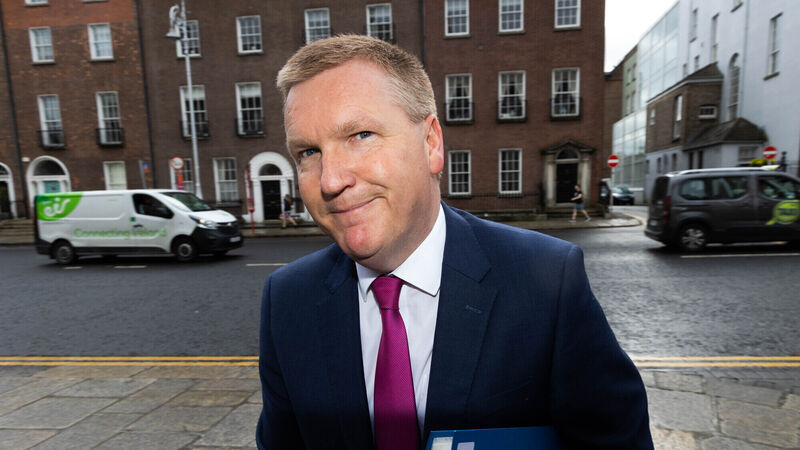Ibec: No need to reinvent the wheel with sovereign debt fund

Minister for Finance Michael McGrath maintained the new fund has a different mandate to Isif, as the investment is in areas 'such as housing and green transition and so on'. Picture: Sam Boal/Rollingnews.ie
Ibec chief economist Gerard Brady expressed caution about Minister for Finance Michael McGrath’s plan to bring back a formal sovereign wealth fund, as it may merely replicate what is already there.
Mr Brady said that Ireland already has a sovereign wealth fund in the form of the Irish Strategic Investment Fund (Isif) which has about €9bn in assets, and it invests them and produces a return.











